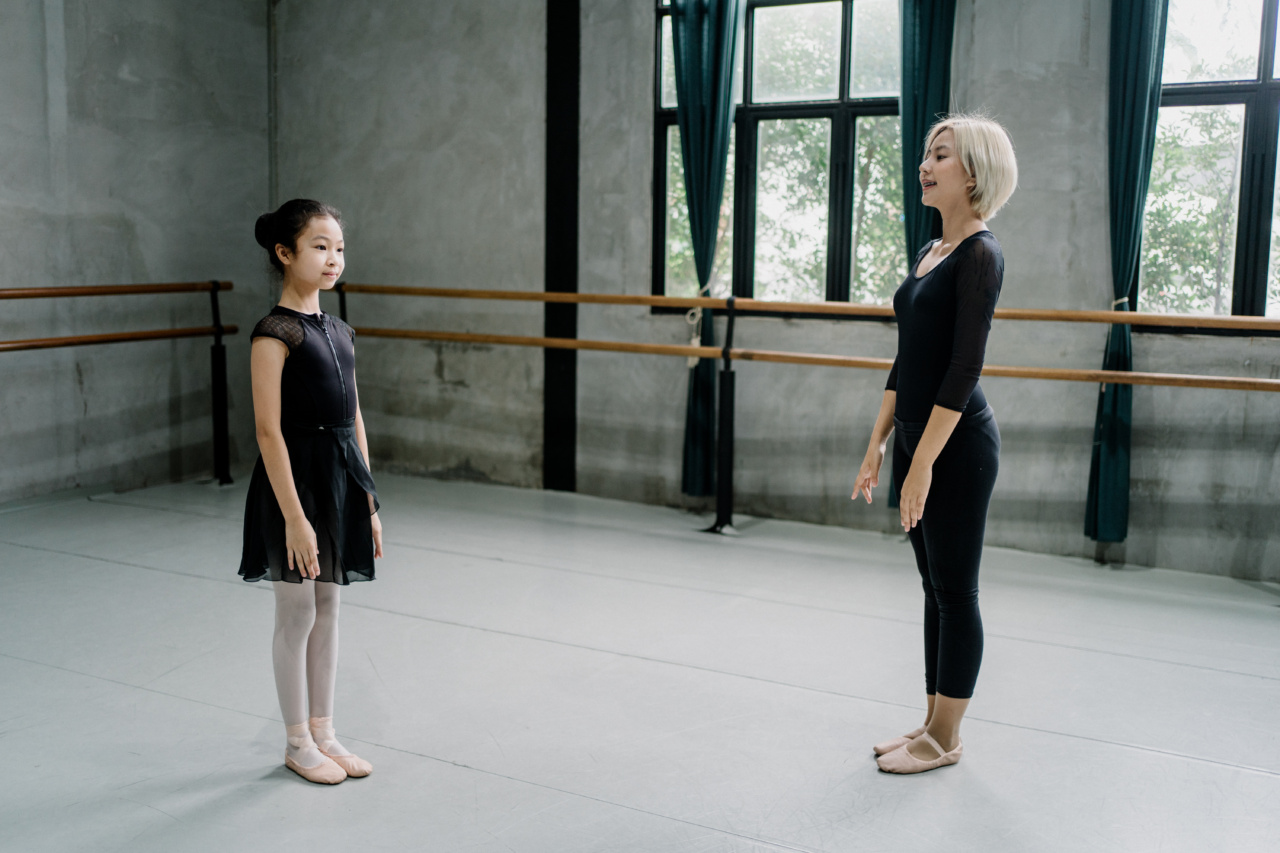When it comes to raising kids, discipline is one of the most important aspects to consider. Without proper discipline, children may struggle to learn boundaries and may not develop the skills they need to succeed in life.
Unfortunately, discipline can be a tricky subject, and many parents struggle to know where to start. One of the most important parts of disciplining kids is learning to say ‘no’ early on, and mastering this skill can help set your child up for success in the future.
Why Saying ‘No’ Early is Important for Disciplining Kids
Parents often struggle with saying ‘no’ to their children, especially when their child is young. However, saying ‘no’ early on is important for several reasons:.
- Establish boundaries: Saying ‘no’ early on helps establish boundaries and teaches children what is acceptable behavior.
- Better decision-making: Children who are used to hearing ‘no’ early on are better able to make sound decisions in the future since they understand the consequences of their actions.
- Less frustration: When children learn early on that there are limits to what they can do, they’re less likely to become frustrated or act out when they’re told ‘no’ later on.
Tips for Parents: The Art of Saying ‘No’
Saying ‘no’ early may be important, but it’s not always easy. Here are some tips to make it easier:.
Be Clear and Consistent
When saying ‘no,’ it’s important to be clear and consistent. Children need to understand that what’s unacceptable in one situation is unacceptable in another.
Ensure that you’re using the same tone and phrasing each time you say ‘no’ to help establish consistency in their minds.
Explain Why
When saying ‘no,’ it’s helpful to explain why you’ve said it. This helps children understand why they’re being told ‘no,’ and it may help prevent them from acting out.
For example, if your child wants to have a lot of candy before dinner, explain that it’s important to eat healthy foods first and save the sweets for later.
Offer Alternatives
When saying ‘no,’ it’s also helpful to offer an alternative. This helps children understand that there are other options and allows them to make decisions for themselves.
For example, if your child wants to watch TV before doing their homework, offer them the choice of doing their homework first or watching TV after their work is done.
Remain Calm
Disciplining children can be frustrating, but it’s important to remain calm when saying ‘no.’ Children learn by watching the behavior of the adults around them, so it’s crucial to model the behavior you want your child to emulate.
Follow Through
Following through on consequences is a critical step in disciplining children and mastering the art of the early ‘no.’ If you’ve told your child that they can’t have dessert after dinner because they didn’t eat their vegetables, it’s important to stick to that decision. Not following through can send mixed messages and make it harder for children to learn from their mistakes.
Conclusion
Raising disciplined children requires effort, patience, and practice.
However, mastering the art of saying ‘no’ early on can set your child up for success by establishing boundaries, teaching better decision-making skills, and reducing frustration. By following the tips outlined above, parents can learn to say ‘no’ in a way that helps their children grow and learn while still feeling loved and supported.




























